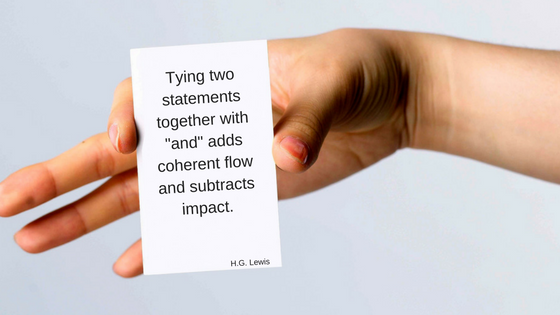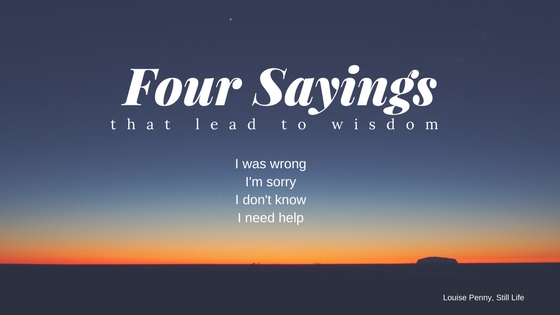
Sometimes in speech writing and marketing you can change the audience’s perception without changing the facts. One way to do this is by putting psychology to work with The Generic Determination Rule. Detailed by famed Direct Marketing/Copywriting Guru Herschel Gordon Lewis, the rule states:
“The generic determines reaction more than the number.”
This means that when you are indicating time, size, distance, or a number of other factors related to your product or service, the generic⏤months versus days, hours versus minutes, miles versus feet⏤is more important than the number attached to it.
Lewis gives a great example when he asks “What if McDonald’s Quarter Pounder were called McDonald’s Four Ouncer?”
Yes, a quarter pound IS four ounces.
But somehow, a quarter pound sounds significantly larger than four ounces, because pounds are heavier than ounces.
Depending on your intent, you could market the same burger two ways:
- For our weight conscious friends, this popular burger is just four ounces. Dressed up with your favorite low-cal toppings, it packs a wallop! OR
- Our all-around best selling burger⏤a full quarter pound of choice meat⏤with all your favorite toppings!
- One month free trial is perceptually longer than a 30-day free trial.
- One hour feels longer than 60 minutes.
If I were to tell you my office is five thousand, two hundred and eighty feet north of town, you might, for just a moment, think you’d have to pack a lunch to get there. But if I told you instead that I am just one mile north of town, well, that’s an easy trip, isn’t it? Putting the rule and the psychology behind it to use, you could drive a customer or prospect away from a competitor and right to your door.
Think of The Generic Determination Rule as you are creating your next advertisement, menu, or sales pitch. First determine how you want your prospects or customers to perceive the extent, usefulness, or appropriateness of your product or service. Then choose the generic that matches your intent – bigger/smaller, faster/slower, farther/closer, shorter/longer.

 We’ve all said it, done it, written it, read it in marketing and elsewhere. We’ve all used the ubiquitous cliché.
We’ve all said it, done it, written it, read it in marketing and elsewhere. We’ve all used the ubiquitous cliché.


